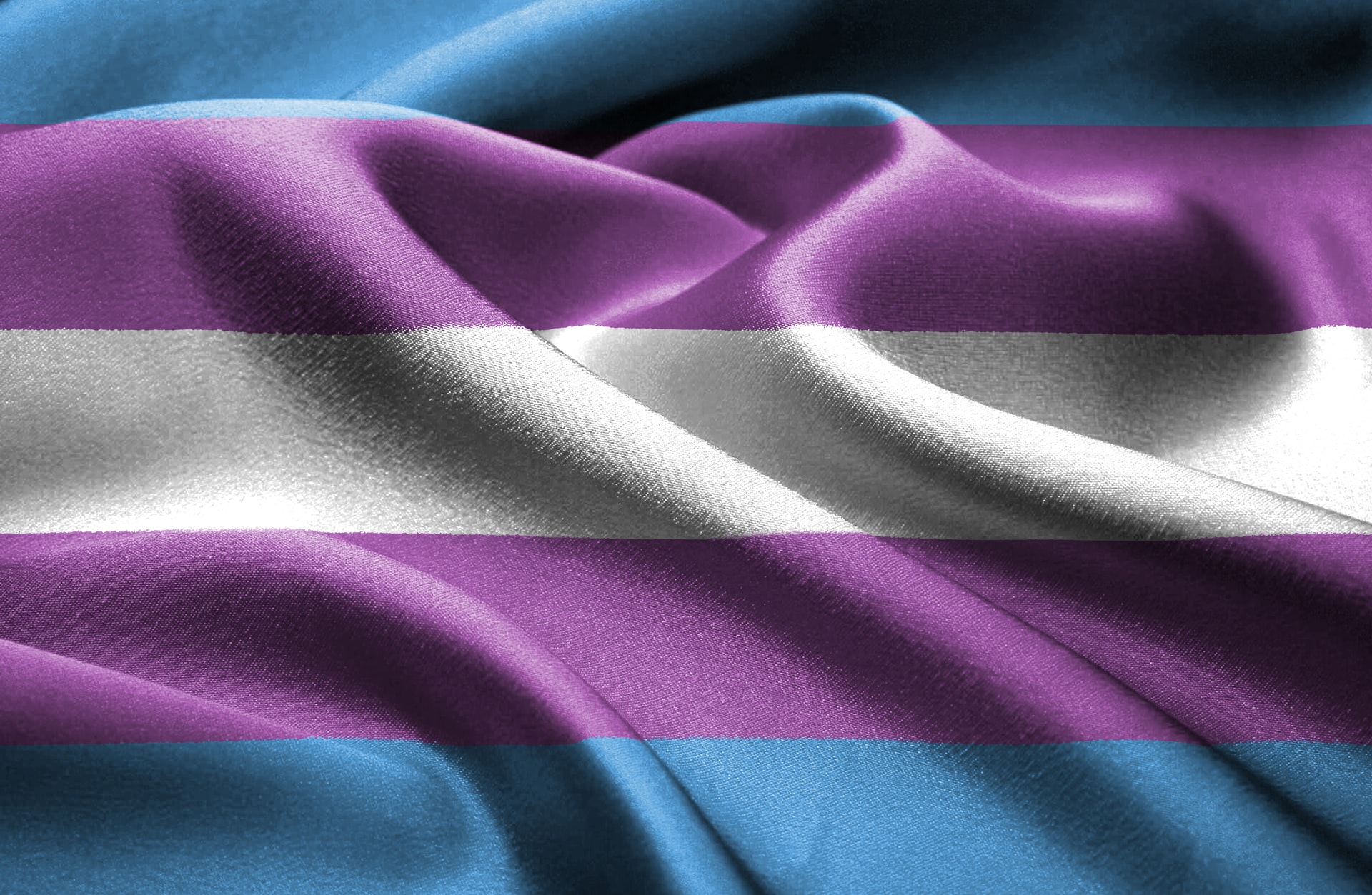Mother of Teen Obtains Injunction to Block Gender-Affirming Surgery

Earlier this month, the mother of a 17-year-old minor undergoing treatment for gender dysphoria petitioned the British Columbia Supreme Court for an injunction the day before her child was set to undergo a double mastectomy. The teen was assigned the gender of female at birth, but identified as male and has been taking part in hormone treatments as part of their transition since July.
The teen was scheduled for surgery on November 4th, and the day before, his mother filed an emergency injunction to block the procedure. The mother argued that the medical team had been treating her child without her consent, and was granted a temporary injunction for a period of three weeks while the issue of consent is sorted out.
Mother Claimed Minor Child was “Caught up in a Fad”
Pointing a finger at SOGI 123, a gender-inclusive educational approach implemented in some schools throughout British Columbia and Alberta, the mother insisted her child was being pushed to transition rather than deal with underlying depression and anxiety. The mother wants the court to decide whether her child has the emotional maturity to make this kind of decision before they are allowed to proceed.
As part of her motion, the mother also sought an order that the medical professionals involved with her child’s care provide her with copies and records of all communication between them and her child to date. The injunction is set to expire on November 27th.
Case Echoes Earlier Case Where Divorced Parents Disagreed About Child’s Medical Treatment
This case is similar to another recent case out of B.C., in which the divorced parents of a then-14-year-old transgender child disagreed about whether the child should be permitted to undergo hormone treatment. In that case, the child, who suffered from gender dysphoria, wanted to begin hormone therapy at the suggestion of the B.C. Children’s Hospital’s Gender Clinic.
The child’s mother approved the treatment, but the father objected and brought an application for an injunction. In his application, the father repeatedly misgendered his child, referring to him as ‘she’. In the original Supreme Court order, the court found that the minor was able to provide consent to his own treatment. Further, the court held that the father’s collective behaviours, including misgendering his child, attempting to contact his son to convince him not to undergo treatment, and using the child’s birth name, constituted family violence under the Family Law Act.
On appeal, the Court did uphold the minor’s right to consent to hormone treatment, however, the decision placed more limits on the minor’s consent rights. Rather than blanket permission to consent to any treatment for gender dysphoria, the teen is now permitted to consent to specific treatments, so long as he is able to understand them.
As for the family violence issue, the Appeals Court overturned this ruling. Instead of classifying the behaviour as family violence, a ruling that enabled the mother and child to obtain a protection order against the father, the Appeals Court made what is known as a ‘conduct order’. The conduct order requires the father to use the child’s preferred pronouns and name, although unlike a protection order, the conduct order is not enforceable by police.
The appeal judges ruled that the father is entitled to his views and held that he is permitted to communicate those views to his family and close friends, he is not allowed to make statements publically, as he had in the past. The Court acknowledged that the father’s behaviour was harmful to the minor, and encouraged him to work with his child’s medical team to hear alternative points of view on his child’s situation.
Treating Minors with Gender Dysphoria Remains a Hot Button Issue
Overall, there are strong feelings on both sides of this issue, among parents, young people, and medical professionals. While some fear that allowing irreversible surgeries too young will harm those who don’t fully appreciate their decision until later in life, others say that transitioning early is helpful to avoid the trauma that comes with navigating puberty in what a child feels is the ‘wrong body’.
Some argue that while it makes sense to hold off on gender-affirming surgery until adulthood, allowing children to take what are known as ‘puberty blockers’ – hormones that delay the onset of puberty until a child is older and better able to make decisions, is not only helpful but can be essential to the mental wellbeing of children struggling with gender dysphoria. The effects of these hormone treatments are reversible, and so they can give a young person more time to consider their options before their bodies begin to change naturally, but without having a permanent effect.
The family law lawyers at Mincher Koeman are exceptionally experienced with respect to parenting issues and disputes following the breakdown of a relationship. We work with families to find effective solutions that always place the best interests of the child first. Contact our office today by calling us at 403-910-3000 or reach out online.
A team above all. Above all a team.
Calgary Office
707 7 Ave SW #1300,
Calgary, AB T2P 3H6
Canmore Office
621 10 St #101
Canmore, AB T1W 2A2
Subscribe to our blog!
© Mincher Koeman LLP 2025. All rights reserved.
Website designed and managed by Umbrella Legal Marketing

